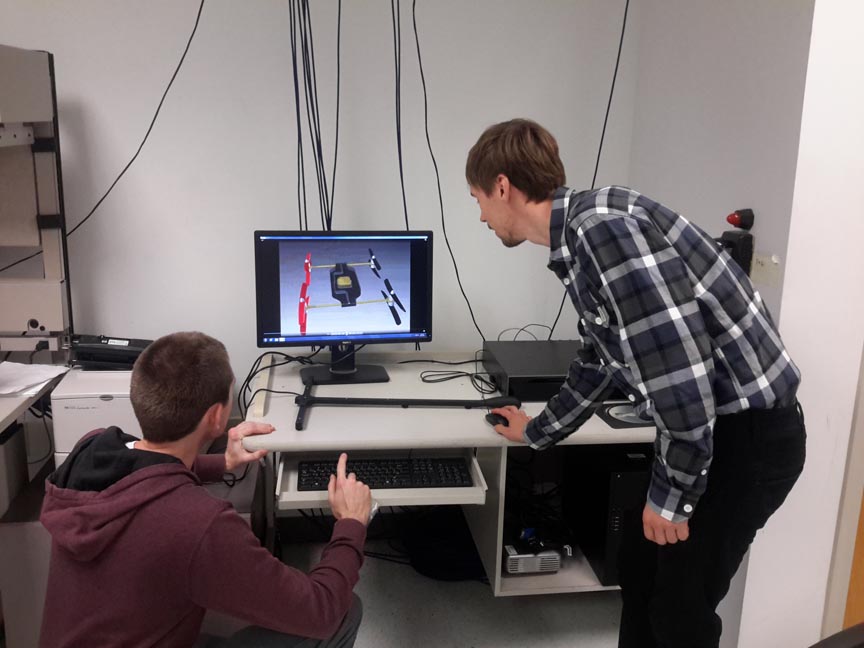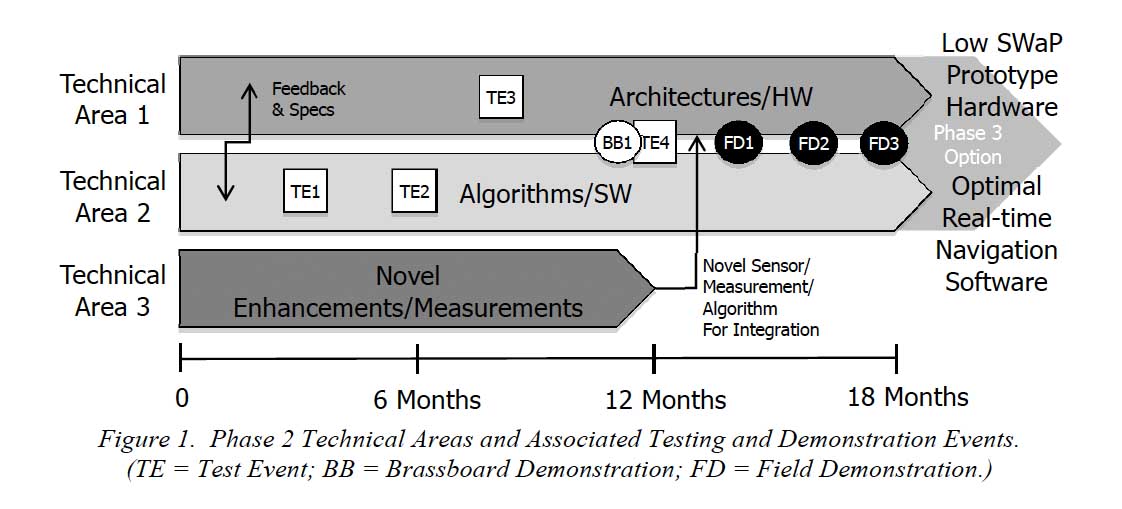The Defense Advanced Research Projects Agency (DARPA) has launched a search for an atomic inertial sensor to measure orientation in GPS-denied environments.
The Chip-Scale Combinatorial Atomic Navigator (C-SCAN) initiative seeks to create a sensor that integrates small size, low power consumption, high resolution of motion detection, and a fast startup time into a single package.
The Defense Advanced Research Projects Agency (DARPA) has launched a search for an atomic inertial sensor to measure orientation in GPS-denied environments.
The Chip-Scale Combinatorial Atomic Navigator (C-SCAN) initiative seeks to create a sensor that integrates small size, low power consumption, high resolution of motion detection, and a fast startup time into a single package.
Platforms such as missiles rely on GPS for a variety of information,” explained Andrei Shkel, DARPA Microsystems Technology Office (MTO) program manager. “When GPS is not available, gyroscopes provide orientation, accelerometers provide position, and oscillators provide timing. The new C-SCAN effort focuses on replacing bulky gyroscopes with a new inertial measurement unit (IMU) that is smaller, less expensive due to foundry fabrication and yields better performance.”
The inertial measurement unit sought by C-SCAN will co-integrate both solid state and atomic inertial sensors into a single microsystem. This new IMU would benefit from devices with dissimilar physics, yet complementary characteristics: short startup times, and long-term, stable performance.
Before C-SCAN can be built, research is needed to explore the miniaturization and co-fabrication of atomic sensors with solid-state inertial sensors. DARPA released a broad agency announcement (DARPA-BAA-12-44) on April 16 for the C-SCAN effort. The solicitation seeks algorithms and architectures that can seamlessly co-integrate the components.
C-SCAN supports the Micro-Technology for Positioning, Navigation and Timing (micro-PNT) program, which is developing micro-technology for self-contained, chip-scale inertial navigation and precision guidance that would greatly reduce the dependence on GPS while enabling uncompromised navigation and guidance capabilities for advanced munitions, various military platforms, under a wide range of operation conditions.






